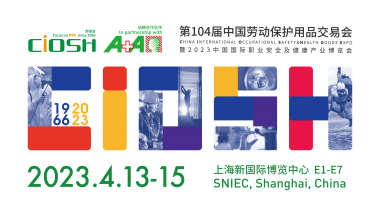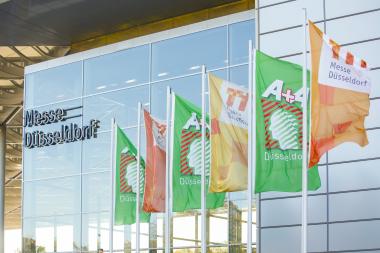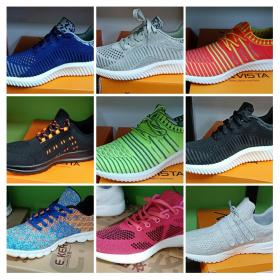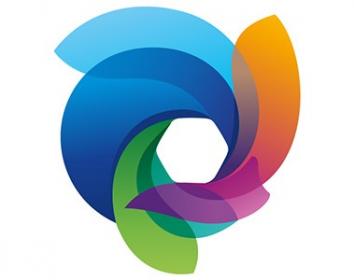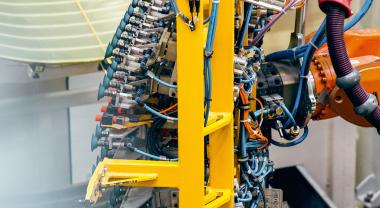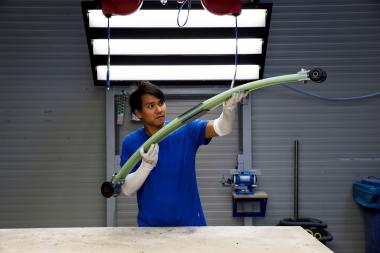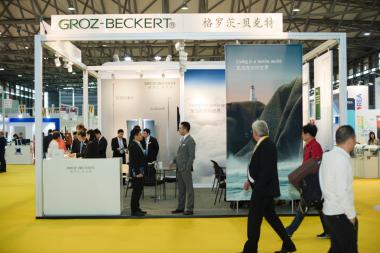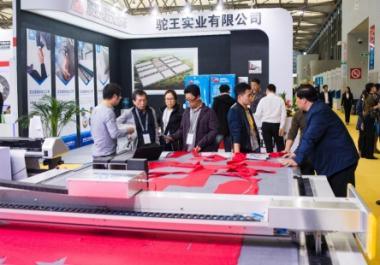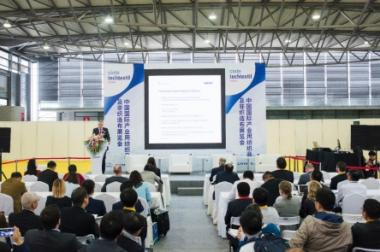Carrington Textiles and Pincroft Debut at DALO Industry Days
The Danish Ministry of Defence Acquisition and Logistics Organisation (DALO) Industry Days event is scheduled to take place from 23rd to 24th August in Denmark. Carrington Textiles and their main manufacturing facility in the UK, Pincroft, will showcase their latest innovations in military textiles.
Carrington Textiles - after recently announcing the launch of the new stretch military ripstop fabric, Spartan HT Flex Lite, and strategically appointing the new Head of Defence and Security Fabrics - at the event represents the commercial focus on building on an over 90 years of heritage of manufacturing military fabrics.
Likewise, Pincroft’s latest technology in non-skin contact vector protection for defence textiles and the recent involvement in printing the new Dutch Ministry of Defence’s camouflage pattern as part of their army’s uniform programme, are just a few of the textile services that will be presented at the event.
Carrington Textiles






